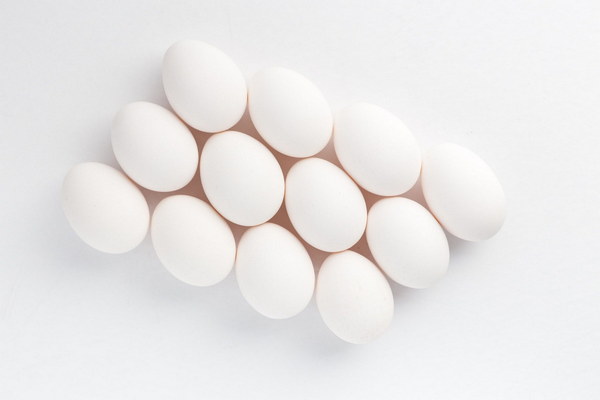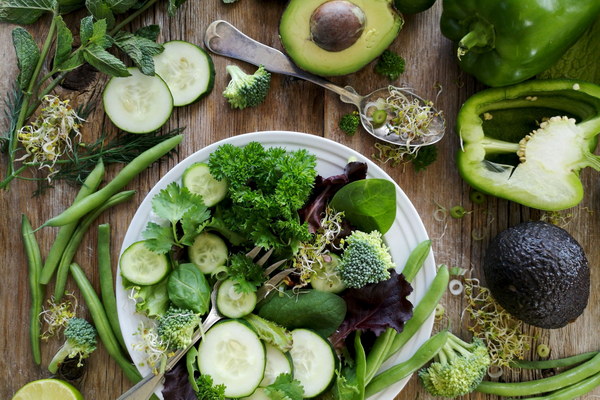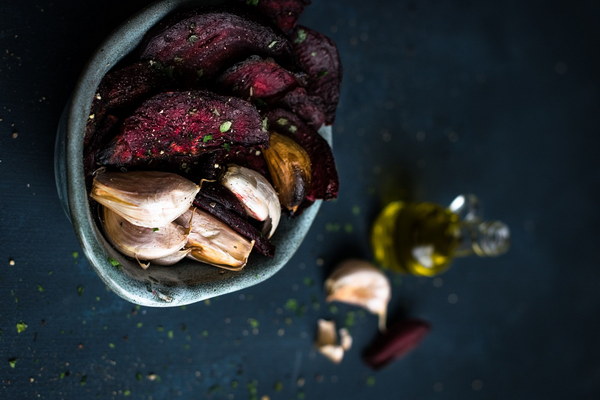Can Traditional Chinese Medicine Really Nourish the Spleen and Stomach
Traditional Chinese Medicine (TCM) has been practiced for thousands of years, and its principles are deeply rooted in the holistic understanding of the human body. One of the core concepts in TCM is the balance of Yin and Yang, as well as the five elements theory, which aims to maintain the harmony of the body's internal organs. Among these organs, the spleen and stomach play a crucial role in digestion, absorption, and transportation of nutrients. So, can TCM really nourish the spleen and stomach? Let's explore this topic in detail.
The spleen and stomach are considered as the central organ in TCM, which is responsible for transforming food into energy and nourishing the body. When the spleen and stomach function properly, a person experiences good health and vitality. However, when they are imbalanced, various health issues may arise, such as fatigue, digestion problems, and even more severe conditions like anemia and weakened immune system.
TCM offers a variety of approaches to nourish the spleen and stomach, including herbal medicine, dietary adjustments, and lifestyle changes. Here's a closer look at how TCM can help:
1. Herbal Medicine: TCM utilizes a wide range of herbs to address imbalances in the spleen and stomach. Some commonly used herbs include:
- Astragalus (Huang Qi): Known for its immune-boosting properties, it helps strengthen the spleen and improve digestion.

- Atractylodes (Bai Zhu): This herb is used to treat dampness and improve the spleen's function in transforming food.
- Poria (Fu Ling): It has diuretic properties and helps drain dampness, promoting a healthy spleen.
- Codonopsis (Dang Shen): This herb strengthens the spleen and enhances energy levels.
2. Dietary Adjustments: TCM emphasizes the importance of a balanced diet in nourishing the spleen and stomach. Some dietary recommendations include:
- Eat warm, cooked foods: Cold and raw foods can burden the spleen and stomach, leading to poor digestion.
- Include a variety of colors: Different colors of vegetables and fruits represent the five elements and can help balance the spleen and stomach.
- Avoid excessive sugar, dairy, and processed foods: These foods can create dampness and impair the spleen's function.
3. Lifestyle Changes: TCM also suggests making certain lifestyle adjustments to support the spleen and stomach:
- Regular exercise: Exercise improves circulation, promotes digestion, and strengthens the spleen.
- Adequate sleep: Poor sleep can weaken the spleen and stomach, so it's important to get enough rest.
- Reduce stress: Chronic stress can negatively impact the spleen and stomach, so practicing stress-reducing techniques like meditation and yoga can be beneficial.
In conclusion, TCM offers a comprehensive approach to nourish the spleen and stomach. While scientific research on TCM's effectiveness is still ongoing, many people have experienced positive results from incorporating TCM practices into their lives. It's important to consult with a qualified TCM practitioner to determine the best treatment plan for your individual needs.
Incorporating TCM into your daily routine may help improve your digestion, increase energy levels, and promote overall well-being. So, why not give it a try and see if traditional Chinese medicine can really nourish your spleen and stomach?









